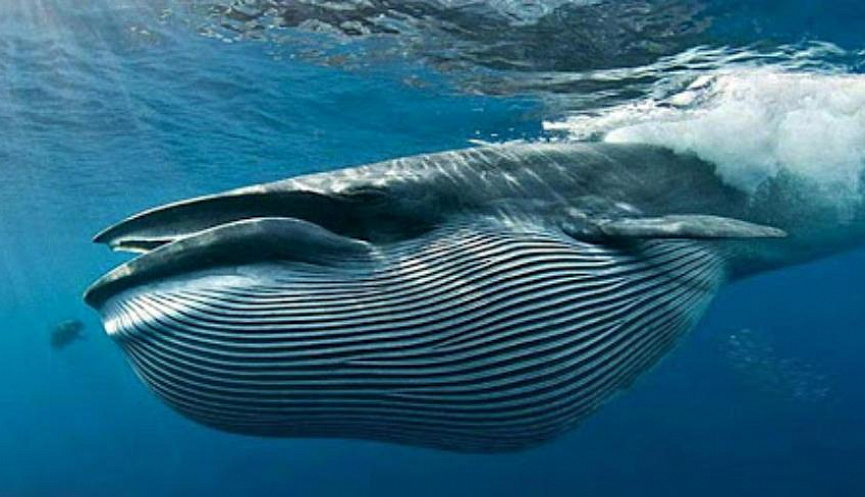Every third Sunday of February, the world celebrates World Whale Day—an event dedicated to the protection of these magnificent marine giants. In 2025, this day falls on February 16 and will be marked by the unification of science, culture, and ecology, reminding humanity of the importance of preserving whales and their habitats.
History of the Celebration
World Whale Day was established in 1980 in Hawaii by the Pacific Whale Foundation, which aimed to draw attention to the plight of humpback whales. Over time, the celebration evolved into an international environmental event focused on protecting all whale species and marine mammals.
Goals and Objectives
This day highlights the significance of whales in marine ecosystems and calls for their protection. Key objectives include:
How to Participate?
World Whale Day offers an opportunity to contribute to the protection of marine mammals. Everyone can take part by:
History of the Celebration
World Whale Day was established in 1980 in Hawaii by the Pacific Whale Foundation, which aimed to draw attention to the plight of humpback whales. Over time, the celebration evolved into an international environmental event focused on protecting all whale species and marine mammals.
Goals and Objectives
This day highlights the significance of whales in marine ecosystems and calls for their protection. Key objectives include:
- Raising awareness of threats to whales, such as climate change, ocean pollution, and poaching.
- Promoting educational initiatives focused on the study of whales and their behavioral characteristics.
- Supporting scientific research and conservation programs aimed at sustaining whale populations.
- Encouraging cultural dialogue between humans and the sea through art and music.
How to Participate?
World Whale Day offers an opportunity to contribute to the protection of marine mammals. Everyone can take part by:
- Organizing photography exhibitions and children's drawing contests.
- Hosting documentary screenings about whales.
- Participating in whale-watching programs.
- Arranging musical evenings featuring whale songs.
- Supporting scientific research by joining citizen science programs.
